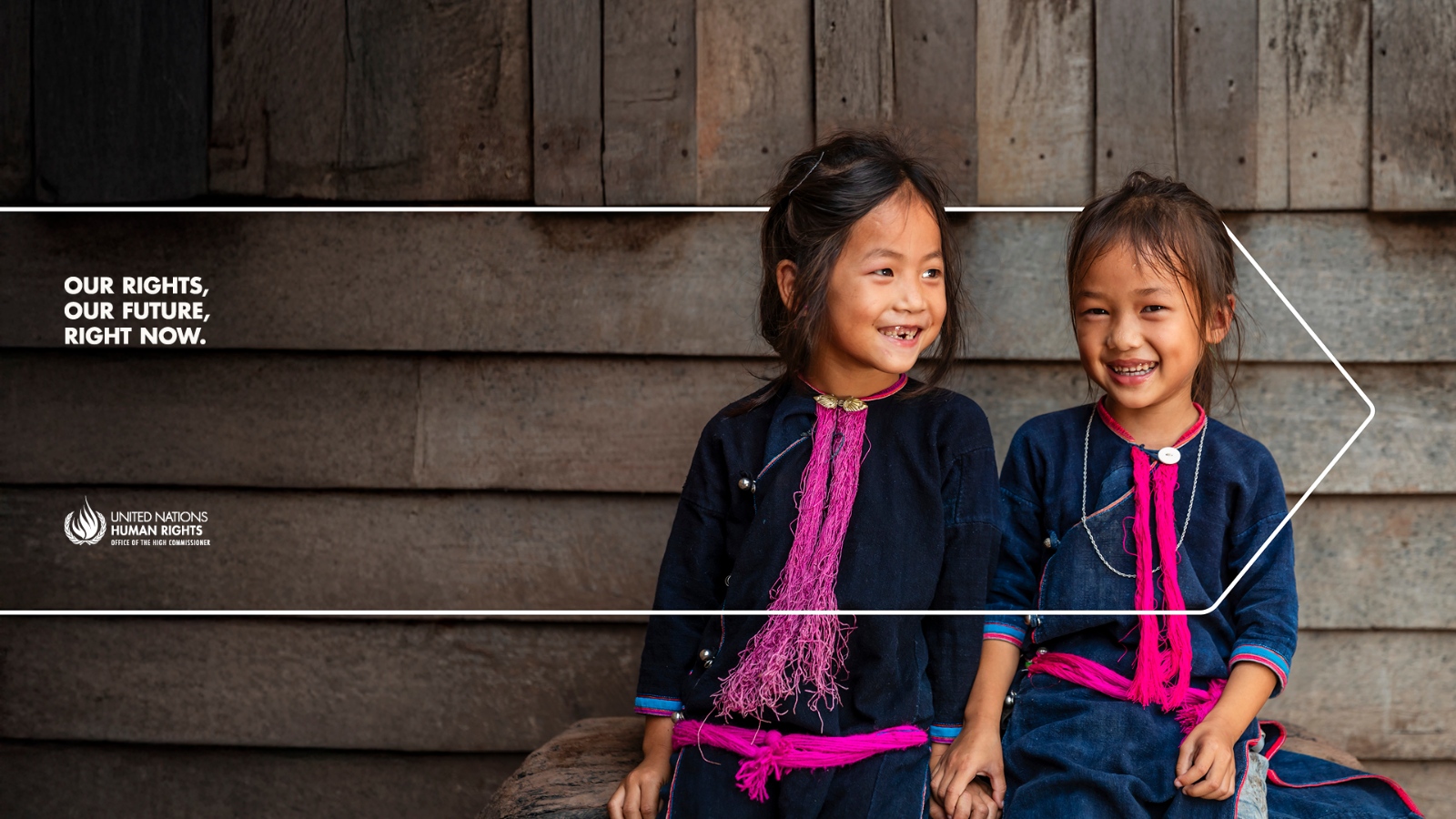
Human Rights Day and the Universal Declaration of Human Rights
Human Rights Day is observed annually around the world on 10 December. It commemorates the anniversary of one of the world's most groundbreaking global pledges: the Universal Declaration of Human Rights (UDHR). This landmark document enshrines the inalienable rights that everyone is entitled to as a human being - regardless of race, colour, religion, sex, language, political or other opinion, national or social origin, property, birth or other status.
The Declaration was proclaimed by the United Nations General Assembly in Paris on 10 December 1948 and sets out, for the first time, fundamental human rights to be universally protected.
As a “common standard of achievement for all peoples and all nations”, the UDHR is a global blueprint for international, national, and local laws and policies and a bedrock of the 2030 Agenda for sustainable development.
It is available in 577 languages, from Abkhaz to Zulu, making the UDHR the most translated document in the world.
Live now: Follow our live coverage of Human Rights Day events!
2024 Theme: Our Rights, Our Future, Right Now.
Human rights can empower individuals and communities to forge a better tomorrow. By embracing and trusting the full power of human rights as the path to the world we want, we can become more peaceful, equal and sustainable.
This Human Rights Day we focus on how human rights are a pathway to solutions, playing a critical role as a preventative, protective and transformative force for good. As UN Secretary-General António Guterres has said, “Human rights are the foundation for peaceful, just, and inclusive societies.”
This year’s theme is a call to acknowledge the importance and relevance of human rights in our everyday lives. We have an opportunity to change perceptions by speaking up against hate speech, correcting misinformation and countering disinformation. This is the time to mobilize action to reinvigorate a global movement for human rights.
Human Rights Day: 5 key things to know
1. Human rights are universal and inalienable
Human rights are not granted by States - they belong to everyone, everywhere, simply by virtue of being human. They transcend race, gender, nationality, or beliefs, ensuring inherent equality and dignity for all.
2. Human rights are equal, indivisible and interdependent
Human rights are indivisible and interdependent, which means that the fulfilment of one right often relies on others.
3. Universal Declaration of Human Rights was a global turning point
Human rights are not just abstract ideas, through different declarations, covenants and bills, they have become actionable standards.
Born from the atrocities of the Second World War and adopted in 1948, the Universal Declaration of Human Rights was the world’s first comprehensive statement of universal human rights.
4. States have obligations and individuals have support
All States have ratified at least one of the nine core human rights treaties, as well as one of the nine optional protocols. This means that States have obligations and duties under international law to respect, protect and fulfil human rights.
5. Human Rights Day: A platform for action
Observed annually, Human Rights Day commemorates the adoption of the declaration and serves as a platform to reflect on both achievements and ongoing struggles in the realm of human rights.
Source: UN News
 Welcome to the United Nations
Welcome to the United Nations